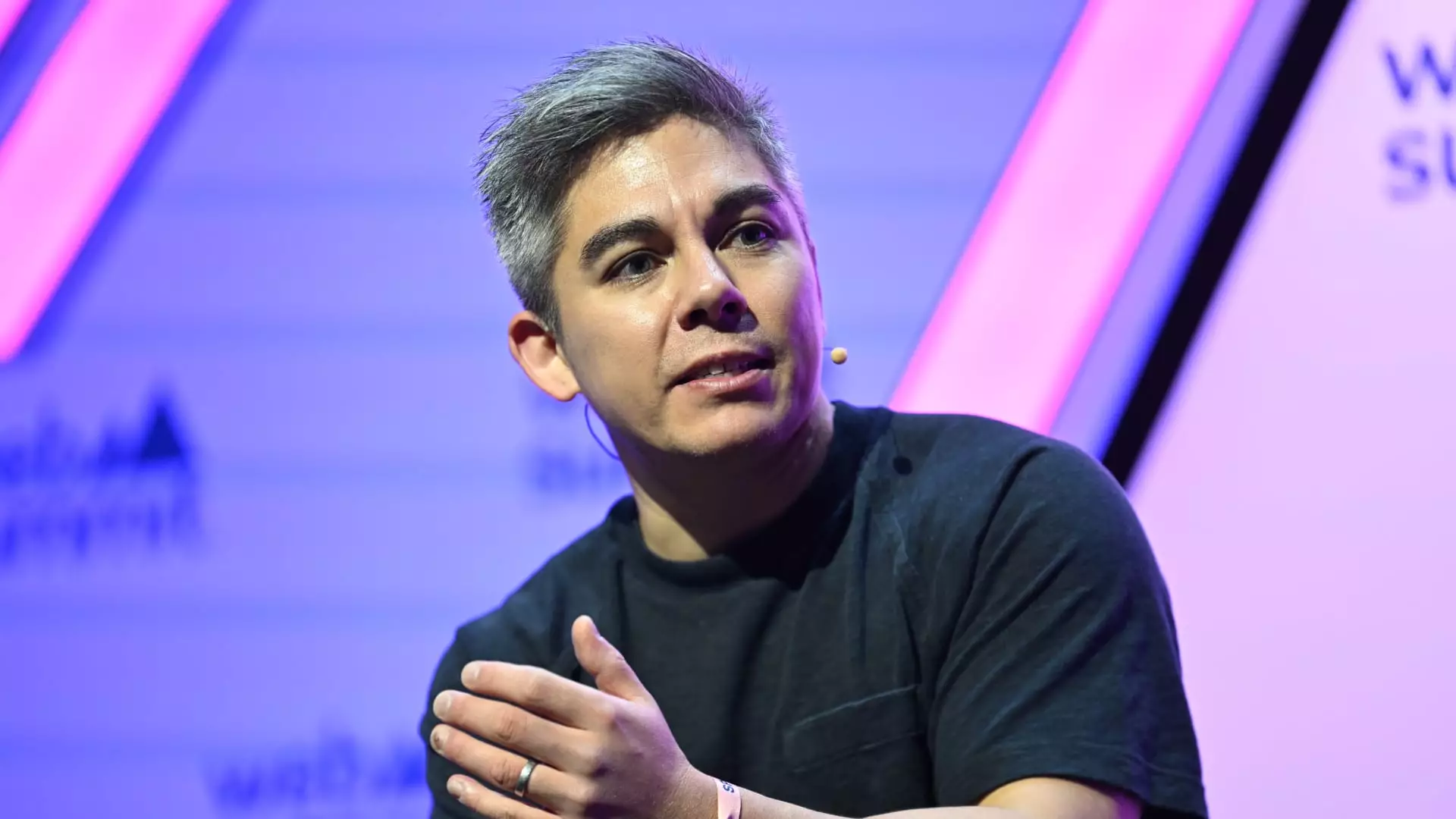In the ever-evolving world of financial technology, companies are treading carefully as they contemplate their futures in terms of public offerings. The recent confidential filing by Klarna, a prominent player in the buy now, pay later (BNPL) space, for a U.S. Initial Public Offering (IPO) has raised significant curiosity among industry observers. This move, however, does not signal a rush toward the public market by other fintech unicorns. Instead, many leaders in the sector are adamant about focusing on solidifying their businesses before considering listing on the stock exchange.
Klarna’s decision to explore an IPO comes after a prolonged period of speculation regarding its market entry strategies. Nevertheless, specific details about the timing, share pricing, and volume remain uncertain, hinting that the company may be prioritizing a well-timed approach over a hasty launch. Industry analysts are evaluating whether this action may be the early signs of a broader resurgence of fintech IPOs that had previously slowed down due to market volatility. With the situation still in flux, many fintech executives remain skeptical or hesitant.
Speaking at the Web Summit technology conference in Lisbon, Hiroki Takeuchi, CEO of GoCardless, emphasized that an IPO should be viewed as a milestone rather than a concluding achievement in a company’s journey. Currently valued at over $2 billion, Takeuchi reflects a growing sentiment among fintech founders that grounding their businesses and ensuring long-term sustainability must take precedence. They believe that if they can excel in their core operations, the public listing will naturally follow without impinging on their immediate goals.
Similarly, Lucy Liu, co-founder of Airwallex, echoed this perspective, endorsing the notion that the timing for her company’s IPO does not align with the present market conditions. Liu mentioned that Airwallex aims to achieve its operational goals before it considers a public offering. The focus on building a resilient and agile business model underscores a strategic pivot many fintech companies are adopting in today’s challenging economic landscape.
Despite the currents of caution, there are measurable signs of hope for the fintech IPO market. Analysts from PitchBook have noted that conditions are aligning favorably for potential public offerings in the near future. Fewer barriers related to macroeconomic factors, interest rates, and political uncertainty could serve as catalysts for optimistic market dynamics later on. However, the precise timing for these changes remains ambiguous due to ongoing fluctuations in political and economic climates, particularly with recent shifts in U.S. leadership.
As venture capital continues to flow steadily into fintech startups—amounting to approximately €6.2 billion ($6.6 billion) from January to October this year—there exists a lingering sense that private funding may still offer a robust pathway for growth. Jaidev Janardana, CEO of British digital bank Zopa, reiterated this sentiment by stating that an IPO is not on the forefront of their priorities, expressing confidence that their existing stakeholders would back the company as it continues to expand.
As fintech firms like Zopa remain focused on growth and innovation while avoiding the pressures of immediate IPOs, it raises critical questions about the future landscape of public offerings. Some industry insiders speculate that U.S. markets may become more receptive to IPOs in 2025, which, in turn, would likely create a ripple effect, opening European markets to similar activities shortly afterward. The uniquely interconnected ecosystem of global fintech suggests that strategic timing and market readiness will ultimately play vital roles in determining the trajectory of upcoming IPOs.
While Klarna’s recent filing has sparked conversations around the potential revival of the fintech IPO market, many companies remain resolute in their intent to prioritize operational excellence before seeking public status. With carefully monitored external conditions and a steadfast focus on growth, these leaders are preparing themselves for a future where the right timing may pave the way for successful public offerings.

